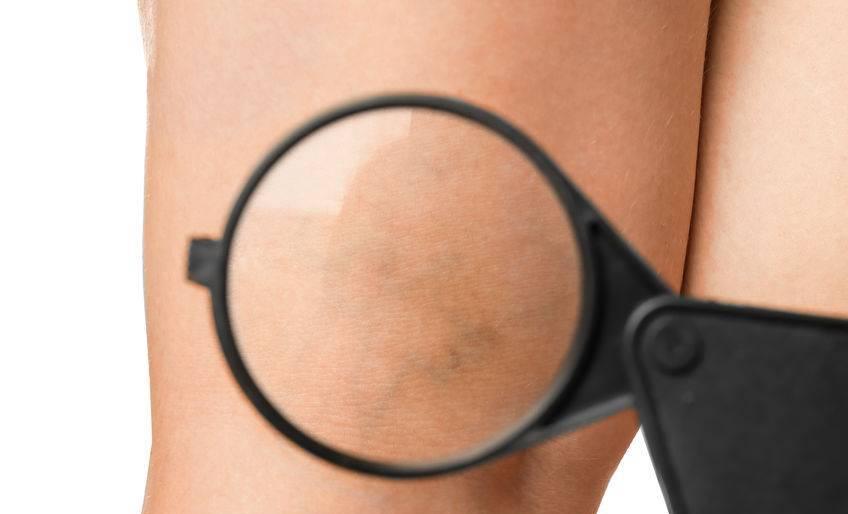Seeing that the Spring Festival holiday is getting closer and closer, I don't know if your friends are already "in Cao Ying's heart in Han"?
However, according to the current trend, the local epidemic situation on the mainland is still relatively severe, especially friends in the cities where new local cases are located, they can only "not go out of the city, not out of the province", and honestly stay at home.
And what can you do at home? Naturally, it is indispensable to chase all kinds of TV series!
However, if the TV series is "boiled" for a long time, then it is very likely that the body will not be able to eat.

30% increase in the risk of thrombosis in 4 hours a day?
According to media reports, on January 20, the European Journal of Preventive Cardiology published a new study showing that people who watchED TV for 4 hours or more a day had a 35% higher risk of developing blood clots.
In this study, the scientists used meta-analysis to investigate the relationship between watching television and venous thromboembolism (VTE). Venous thromboembolism, on the other hand, mainly includes pulmonary embolism and deep vein thrombosis.
By 131421 participants aged 40 and over, they were tracked and surveyed, combined with the time they spent watching TV each day, they were divided into people who watched TV for a long time (watching TV for at least 4 hours a day) and people who never or rarely watched TV (less than 2.5 hours a day).
In three studies, the average follow-up time ranged from 5.1 years to 19.8 years, during which time a total of 964 participants developed venous thromboembolism.
The risk of suffering from watching TV dramas for a long time is 1.35 times more likely than that of people who do not or rarely watch TV.
How dangerous are blood clots?
The so-called thrombosis mainly refers to a clumpy substance formed on the surface after the inner membrane of the blood vessel wall has been peeled off or repaired, which includes platelets, red blood cells, white blood cells and some sticky components.
Blood clots can circulate to various parts of the body with blood circulation, and there may be blood clots wherever there are blood vessels.
If a large number of blood clots are gathered in a certain part, it will cause blockages to the blood vessels, and the blood cannot circulate from here, which will cause local ischemia and hypoxia, causing damage to the body.
If you find problems in the following 2 parts of the body, you should be vigilant for blood clots
First, chest tightness
Clinically, more than 40% of patients with acute myocardial infarction will have symptoms of chest tightness, and the time of onset is about 1 to 2 weeks or 1 to 2 days before myocardial infarction.
Because there are many causes of chest tightness, such as lung disease, pleurisy, heart disease, etc., even overwork or emotional depression may cause chest tightness.
It is very easy to be ignored by patients, resulting in the development of the disease to a more serious time before going to the hospital.
Second, dizziness and headache
After the blood vessels of the brain have blood clots, it is easy to cause cerebral infarction, and after the cerebral blood vessels are slightly blocked, the patient will feel dizzy and headache.
As the condition worsens, the symptoms of dizziness and headache become more intense and last longer.
If the optic nerve or the central nervous system of speech cause damage, it may also lead to the patient's vision and hearing weakening, the emergence of language disorders, and the damage to the central nervous system that controls the limbs, the patient's limb coordination will also become poor, and even the normal completion of ordinary actions.
In ordinary life, how should we prevent blood clots?
1. Healthy eating
If you want to prevent blood clots, it is natural to eat more vegetables and fruits that are rich in dietary fiber.
For example, a variety of grains, legumes, seaweed and green leafy vegetables can help the body reduce cholesterol and the absorption of LDL cholesterol, and you can also eat more foods rich in omega tri-fatty acids, which also helps prevent blood clots.
2. Drink plenty of water
There is a lot of water in the human body, and water is the best thinner in the blood.
It can participate in the body's blood circulation and metabolism, so that the body's various organs and tissues can be moisturized, and blood can flow better in the blood vessels.
3. Exercise regularly
Some people often sit still for a long time and do not like to exercise for a long time, which will lead to obesity in the body and easily cause an increase in the incidence of cardiovascular disease.
On the contrary, aerobic exercise such as fast and slow walking, walking or cycling is often carried out.
Maintaining more than 30 minutes of exercise every day can promote blood circulation in the body, improve blood viscosity, prevent thrombosis, and enhance the body's resistance to disease and reduce the incidence of various diseases.
In summary, if there is a blood clot, there will be chest tightness or dizziness, headache and other symptoms.
In addition, after the occurrence of thrombosis, it is also possible to make people's lower limbs often edema, numbness, pain, cramps, I hope that everyone will pay attention to it, once the discomfort is found, it is necessary to go to the hospital in time.